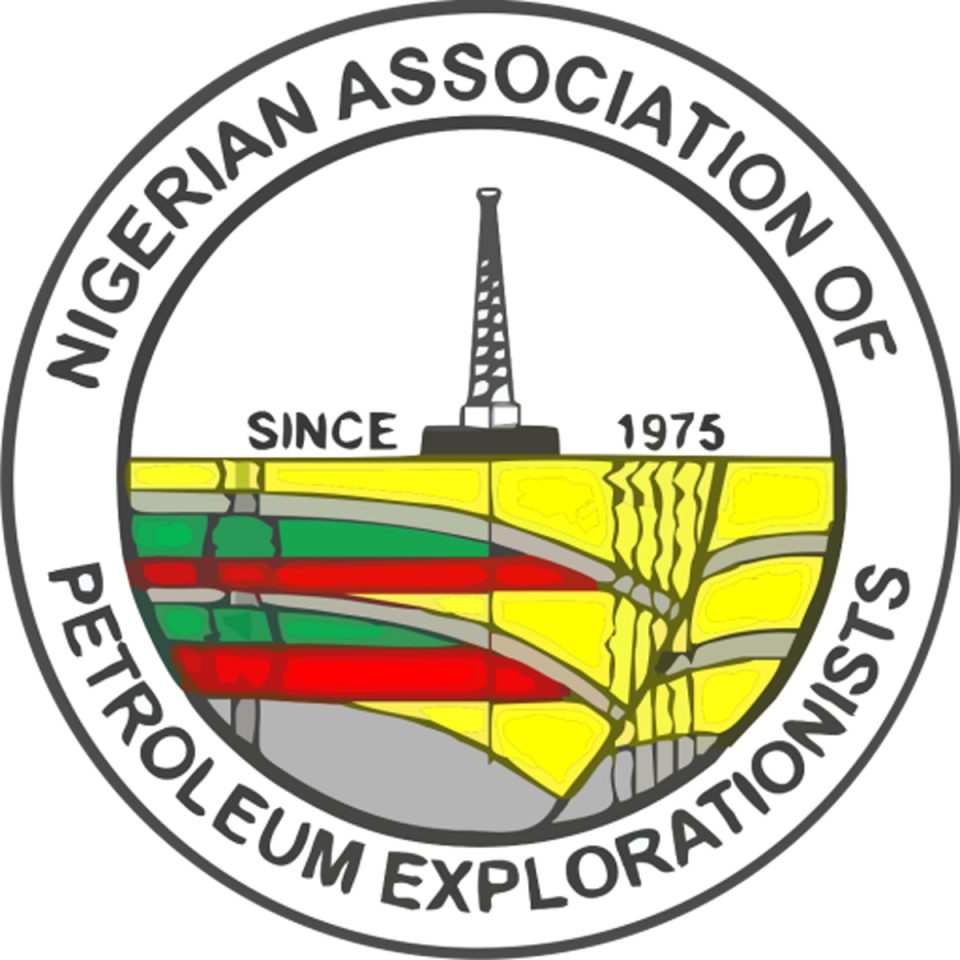The Nigerian Association of Petroleum Explorationists (NAPE) has raised the alarm that the failure of the country to sign the much awaited Petroleum Industry Bill (PIB) has led to delay in the Final Investment Decision (FID) for over $30 billion projects.
The $30 billion FID projects delay is contained in the communique of the 27th pre-conference workshop of NAPE, with the theme: “Levers for Optimal Cost Reduction in Nigeria’s Oil & Gas Production: Positioning for the New Normal”, held virtually on the zoom platform.
‘‘The many years since the PIB was first mooted in 2000, and the various iterations it has undergone without being passed, have impacted negatively on investors’ confidence in Nigeria.
NAPE lamented that the average production cost in Nigeria is among the highest in the world, with various estimates placing the country in at least the 70th percentile for high overall production costs in all terrains.
The body equally disclosed that there is also a significant tax burden associated with operating in Nigeria, adding that It should be noted that even at the height of the oil price boom, from 2008-2014, CAPEX investment in the sector actually fell due to the uncertainty of the passage of the bill. The body of explorationists said the break-even price and payback time for projects in Nigeria for new projects is also one of the highest in the world, adding that there is a capital cost premium ranging from 35-100 per cent for project costs in Nigeria.
‘‘The time to realize projects is very long, partly due to the long protracted contracting cycles and approval processes most companies have to undergo. These are further elongated by increased travelling costs that come with inspection of facilities and operations of contractor companies outside of Nigeria.
A significant portion of the operating costs in Nigeria are composed of human, crude handling and logistics, which are a direct fallout of the various challenges thrown up by operating in the physical environment of Nigeria.’’
According to NAPE, examples of these challenges are the need for increased security due to kidnapping and the vandalisation of crude pipelines, ageing infrastructure due to low level of investment, and the low level of standardisation across the industry since most of the companies started with a go-it-alone approach in the earlier days of their production history.




